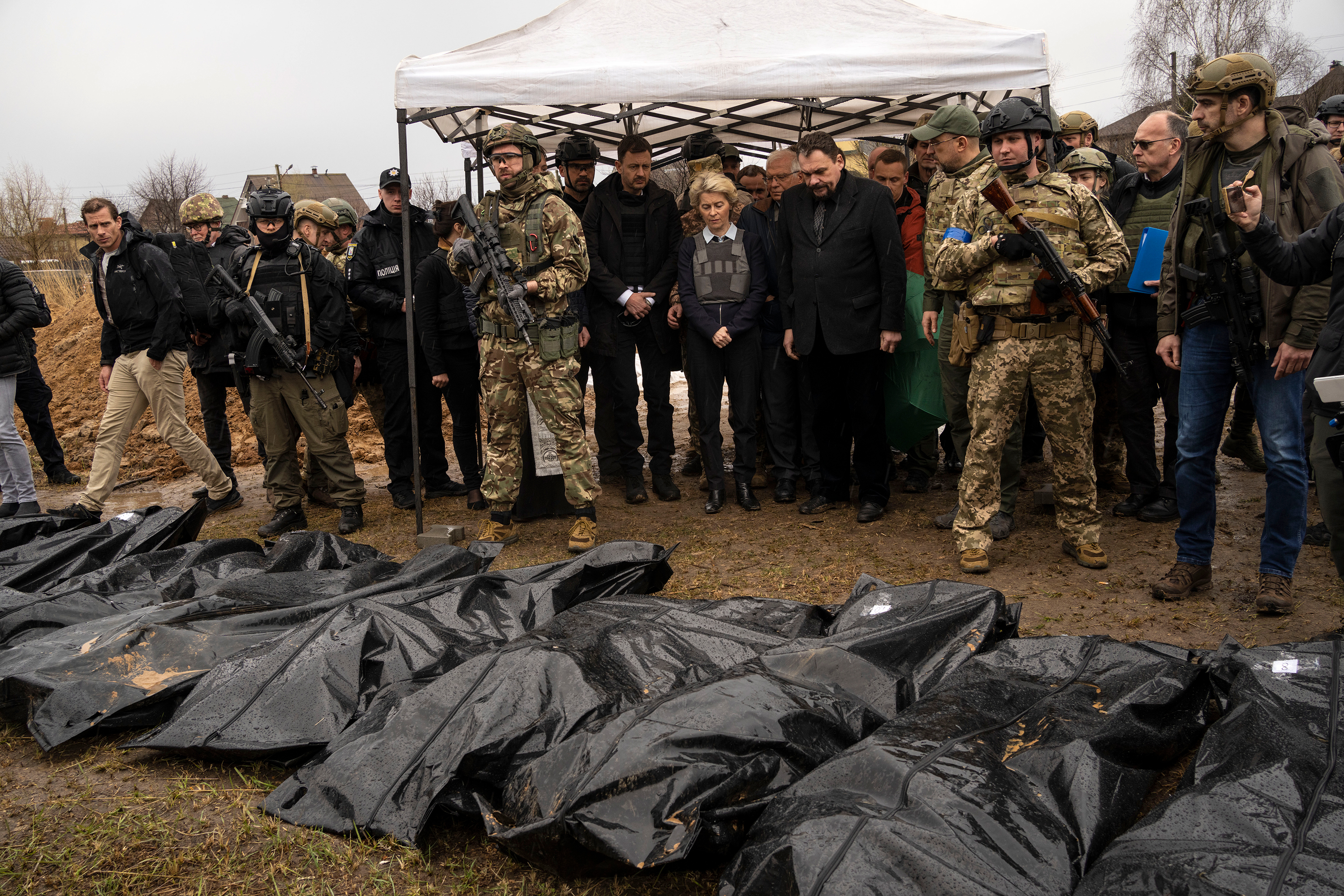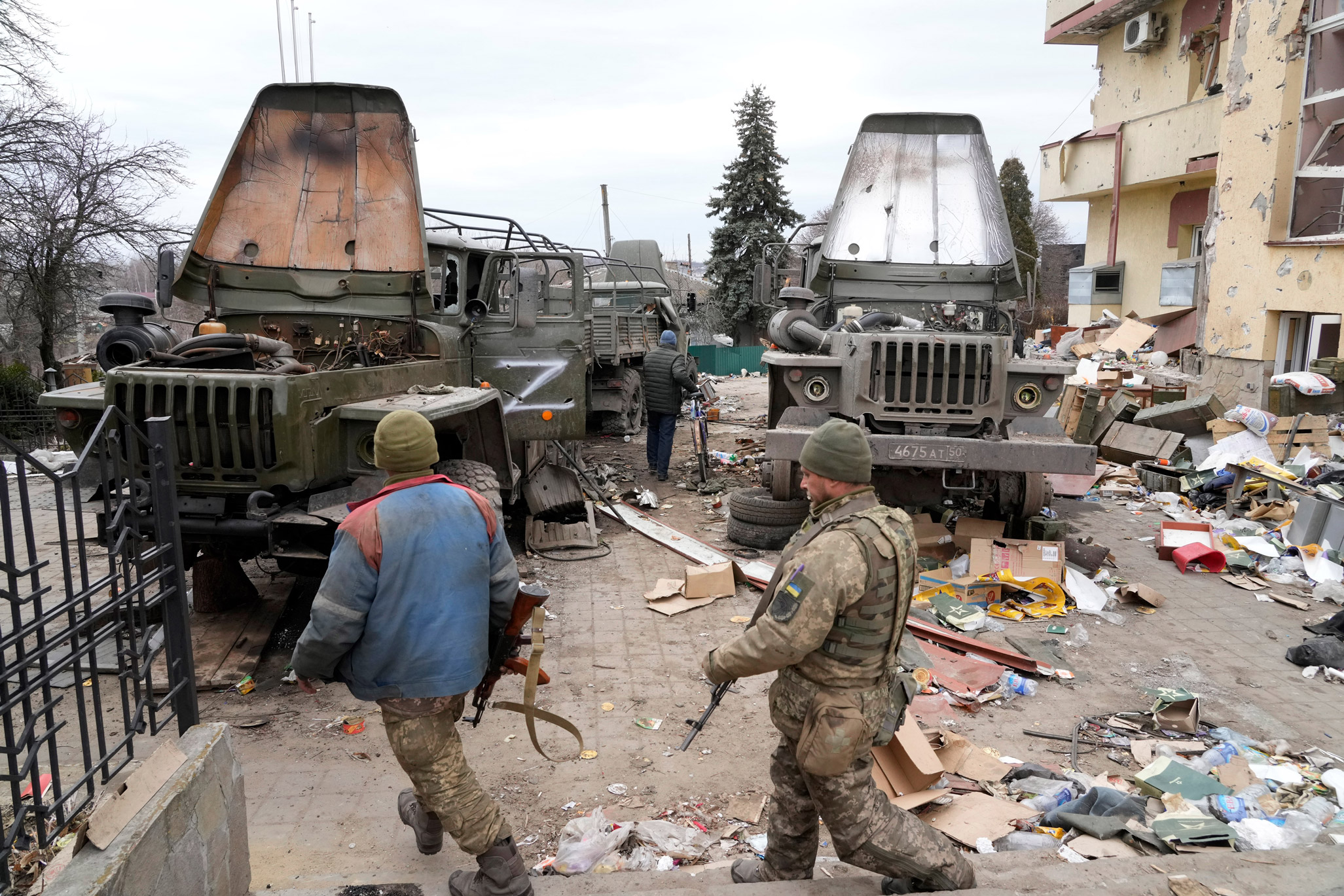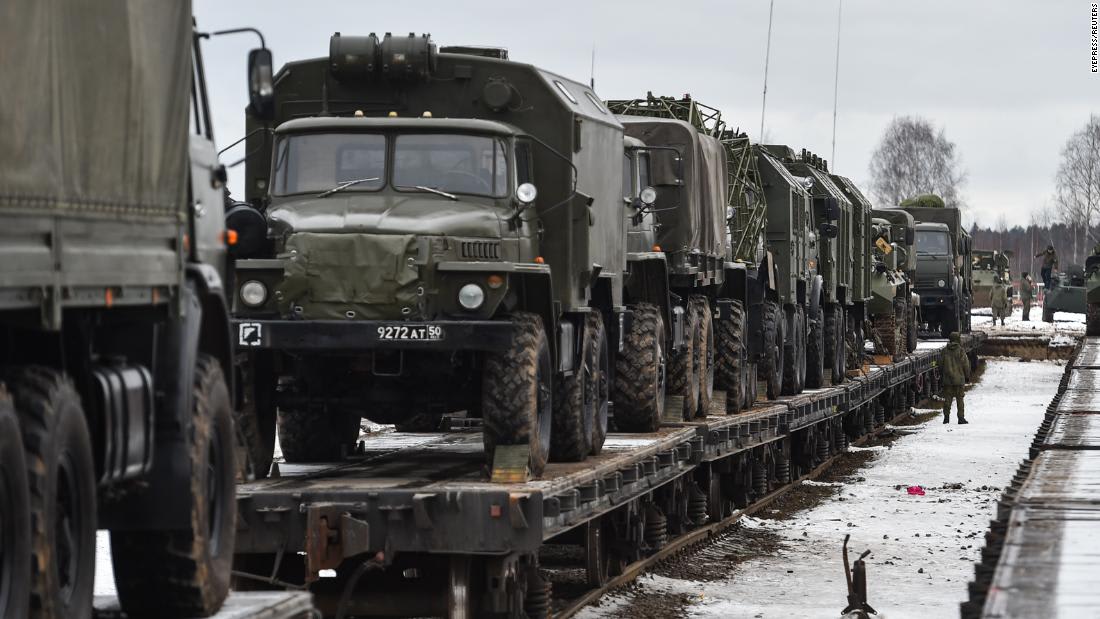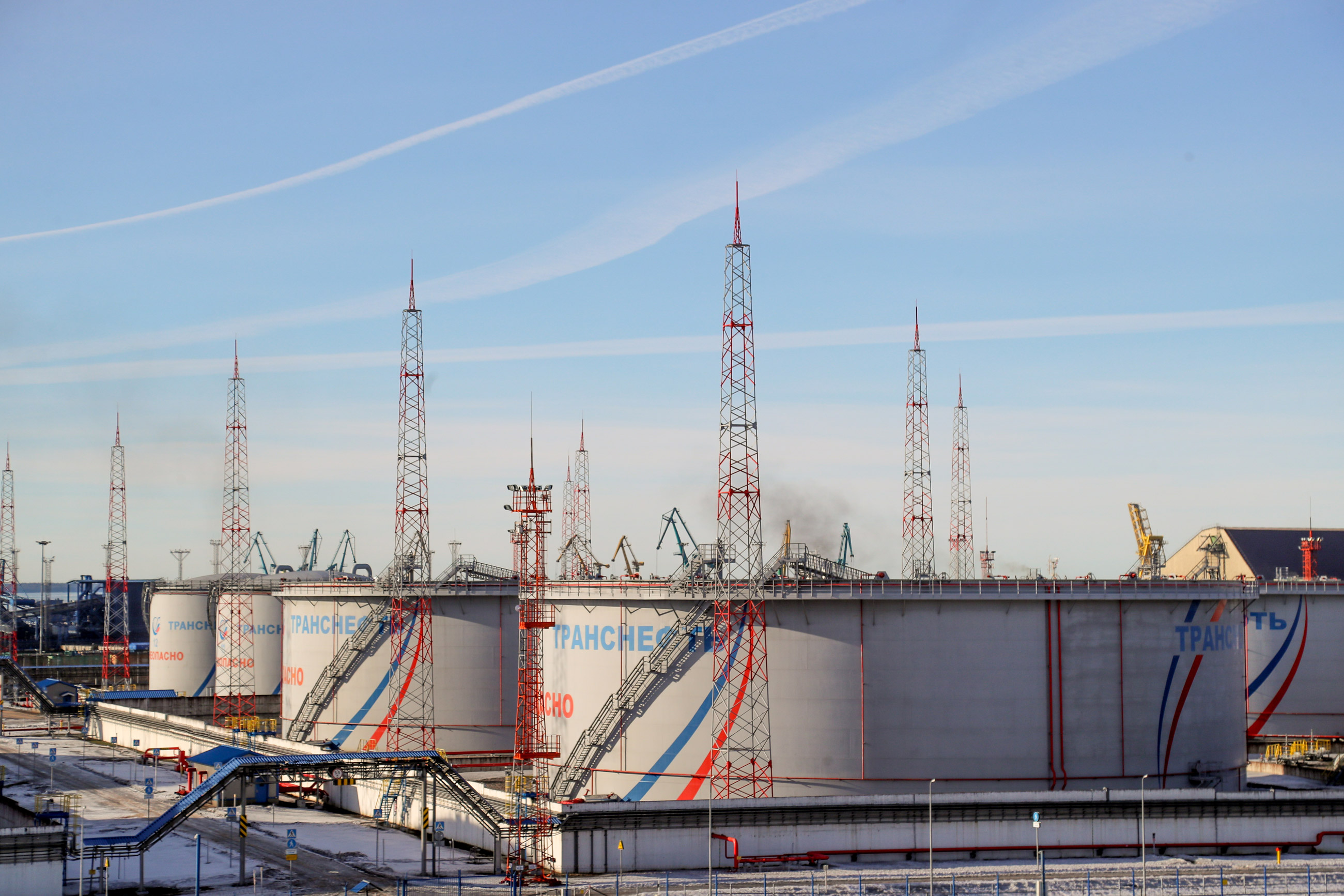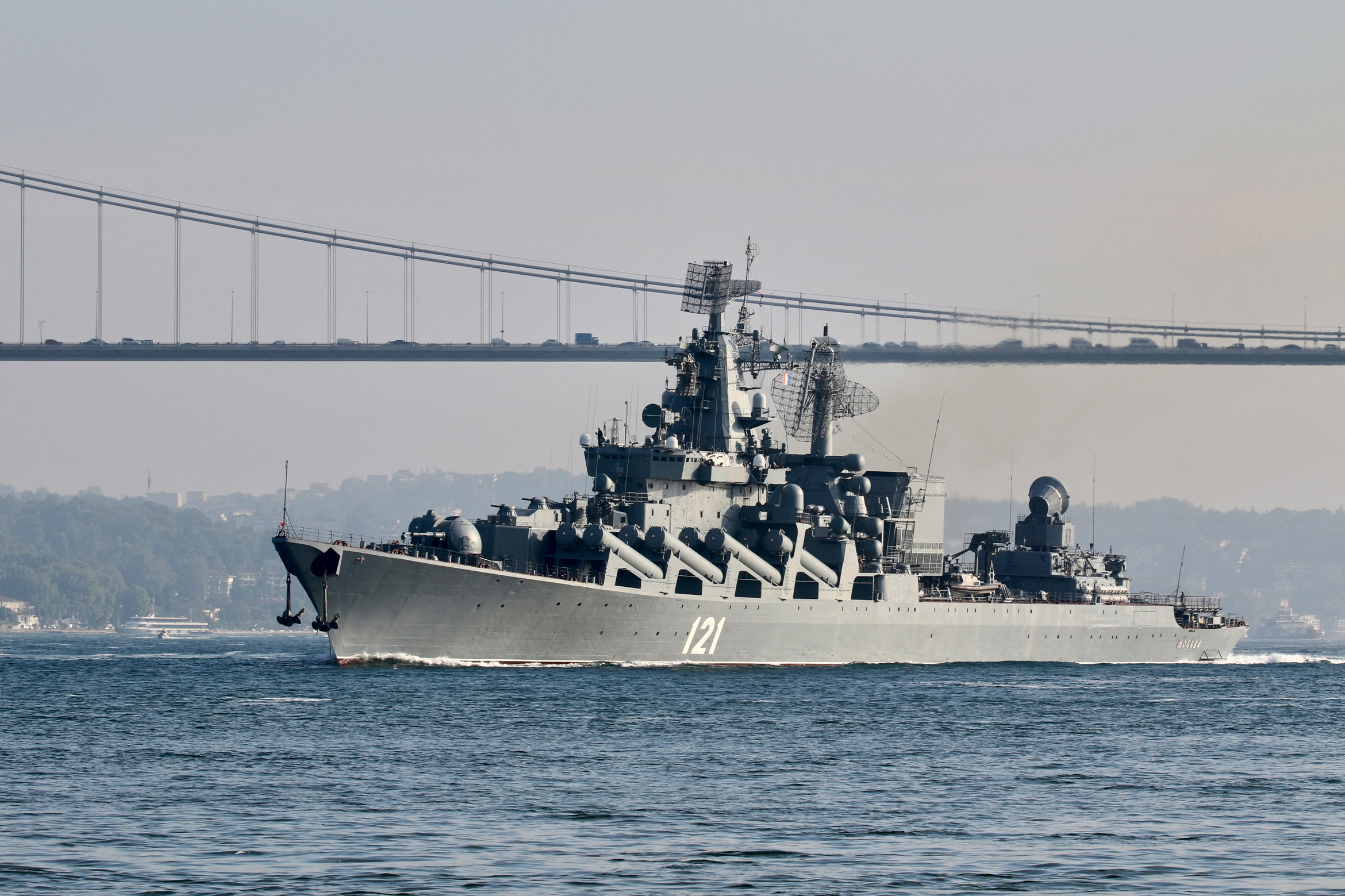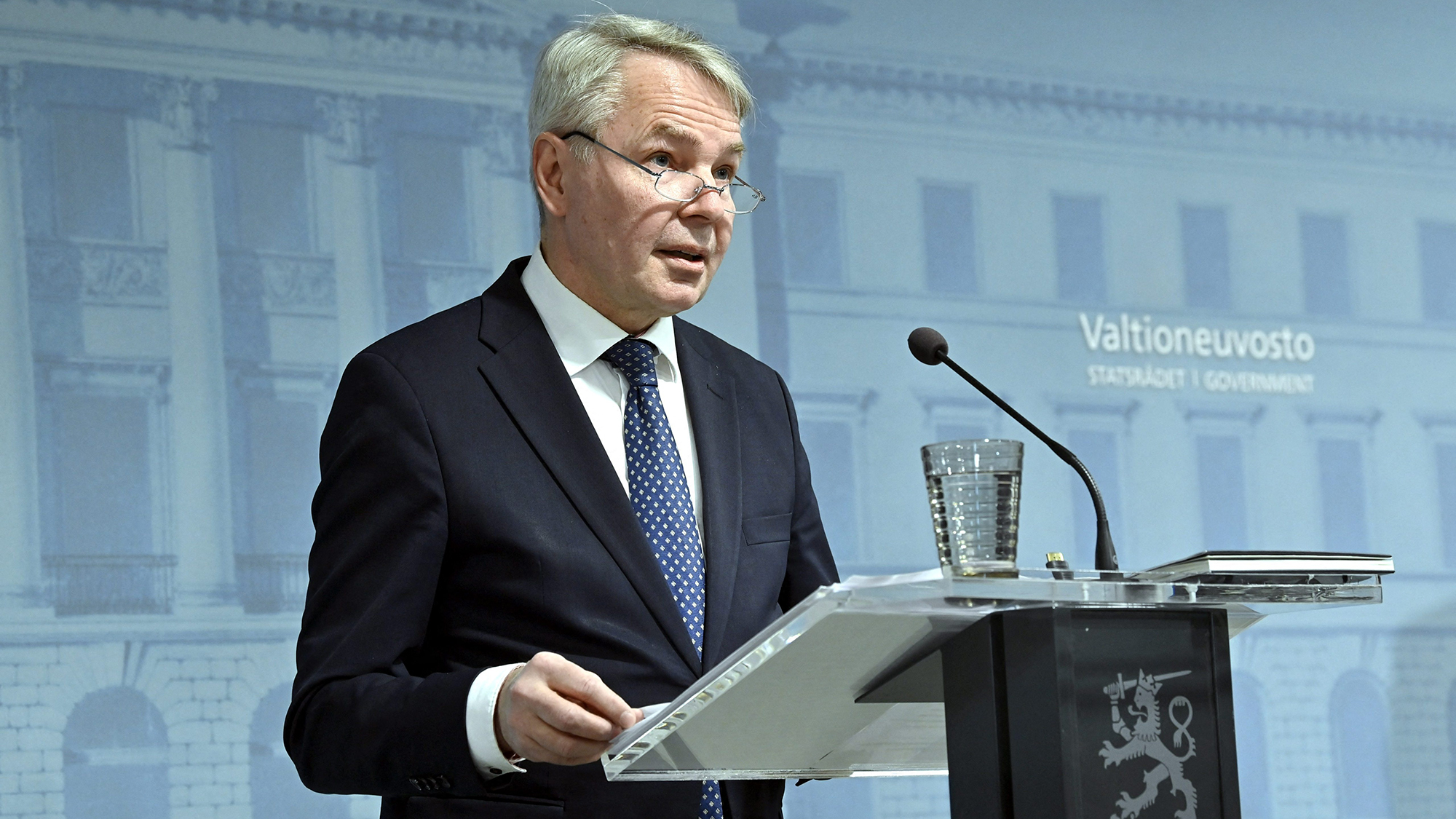
A day after the country’s prime minister confirmed a decision on NATO membership will be made “within weeks,” Finland’s foreign minister told CNN that it was expecting a reaction from Russia and was “prepared for different kinds of threats.”
“Finland actually has quite a strong conventional army. We have more than 280,000 reservists, we have a conscription army, we have just invested in F-35 fighters, 60 of them are coming to Finland, and so forth. So we have been taking quite good care of our national defense forces. But of course we live in a world, as we see from Russia’s attack against Ukraine, that also new security threats appear. … Through closer cooperation with NATO, we can address all those different threats,” Finnish Foreign Minister Pekka Haavisto said in an interview Thursday with CNN’s Becky Anderson.
Russia has long made threatening statements about Sweden and Finland joining NATO, saying it would have “serious military and political repercussions.” At the beginning of the war, Putin made it clear that one of his aims was to roll back NATO deployments in Eastern Europe to where they had been in the 1990s. Now, Finland and Sweden — nations that are officially non-aligned —are edging ever closer toward joining NATO, the US-led military alliance.
When asked by CNN why Finland has changed its position with regard to military neutrality, Haavisto said the nature of Russia’s attack on Ukraine has changed.
“First, Russia is ready to take higher risks in its neighborhood. Second, it’s ready to concentrate more than 100,000 soldiers in one spotlight, we have seen on the border of Ukraine. And third — this is more of an open speculation — but the potential use of nuclear or even chemical weapons. All of this is of course affecting also the Finnish security," the foreign minister said.
According to the prime minister, Finland hopes to wrap up discussions regarding the country’s potential application for NATO membership “by mid-summer.” Haavisto told CNN Russia’s invasion of Ukraine changed the public discourse inside his country.
Sweden is due to complete an analysis of its security policy by the end of May. A Swedish official previously told CNN that the nation could make its position public sooner, depending on when neighboring Finland does.
“We have seen a major shift in public opinion in Finland during the recent weeks. A clear majority of the population is now supporting NATO membership. … The Finnish parliament will discuss this matter in the coming weeks, and if the majority clearly will state that, then the process will go on. Then, it’s depending on the 30 NATO member states how rapid the process can be,” he added.
US President Joe Biden said this week that the atrocities being uncovered in Ukraine as Russia continues its invasion qualify as "genocide." Other leaders have rejected the use of the term, such as French President Emmanuel Macron. Haavisto said Finland supports the International Criminal Court investigating what exactly happened.
“I think it's very important that firstly, before the definition of what exactly happened, we have the full investigation from places like Bucha, and other places where certainly civilians have been attacked in a way that is not allowed under international legislation,” he said.
CNN's Luke McGee and Maeve Reston contributed reporting to this post.
